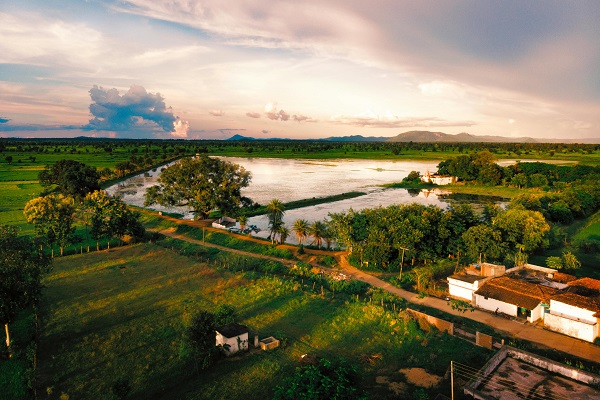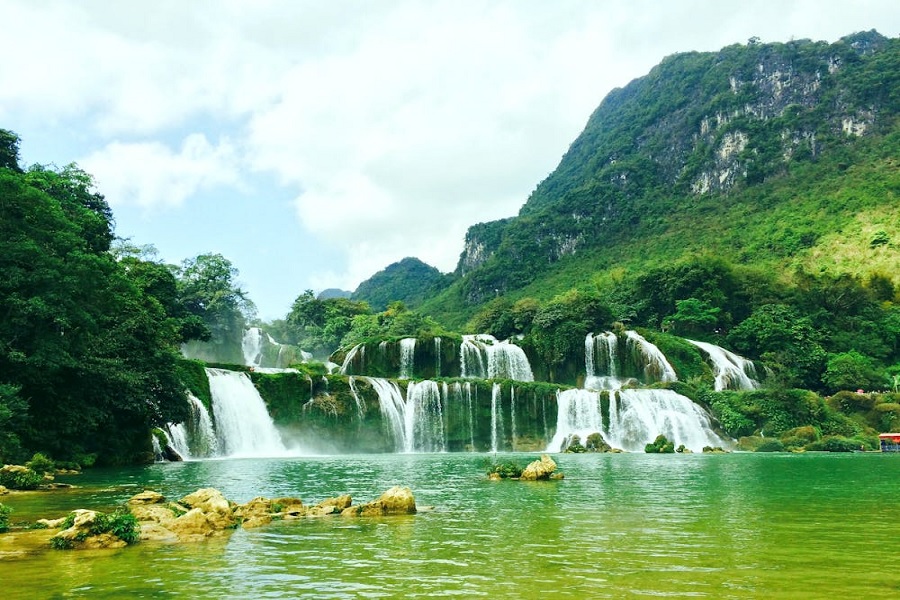Top Ecotourism Destinations in India for Nature Lovers

India, with its diverse landscapes and rich biodiversity, is a paradise for nature enthusiasts. From lush rainforests to tranquil backwaters, the country offers countless opportunities for travelers who wish to explore responsibly and connect with nature. Ecotourism not only lets you enjoy scenic beauty but also helps conserve ecosystems and support local communities. Here are some of the top ecotourism destinations in India that promise both adventure and sustainability.
1. Periyar Wildlife Sanctuary, Kerala
Nestled in the Western Ghats, Periyar is one of India’s most famous wildlife sanctuaries. Known for its dense forests, scenic lake, and thriving wildlife — including elephants, tigers, and exotic birds — Periyar offers activities like bamboo rafting, guided nature walks, and eco-lodges that blend luxury with environmental consciousness.
2. Sunderbans National Park, West Bengal
A UNESCO World Heritage Site, the Sunderbans is home to the majestic Royal Bengal Tiger and the world’s largest mangrove forest. Exploring the park’s creeks and waterways gives visitors a glimpse into the delicate balance of nature, where land, river, and sea meet. Sustainable tourism here helps preserve the habitat and supports local fishermen communities.
3. Spiti Valley, Himachal Pradesh
Spiti, often called “Little Tibet,” is a high-altitude cold desert that offers unmatched serenity. The region is dotted with ancient monasteries, pristine lakes, and rugged landscapes. Ecotourism initiatives in Spiti focus on homestays, solar energy, and waste management, allowing travelers to experience authentic Himalayan culture while protecting its fragile ecosystem.
4. Thenmala, Kerala
India’s first planned ecotourism destination, Thenmala is a model of sustainable travel. Surrounded by forests and hills, it offers a blend of adventure and relaxation with options like hiking, mountain biking, and visits to eco-parks. The destination promotes harmony between tourism and environmental preservation.
5. Kaziranga National Park, Assam
Famed for the one-horned rhinoceros, Kaziranga is a UNESCO World Heritage Site and a symbol of India’s wildlife conservation success. Safari rides through tall elephant grass and wetlands allow visitors to witness rhinos, elephants, and migratory birds in their natural habitat. Ecotourism efforts here focus on anti-poaching and community-led conservation.
6. Coorg, Karnataka
Known as the “Scotland of India,” Coorg offers misty hills, coffee plantations, and dense forests. Ecotourism in Coorg includes plantation stays, birdwatching tours, and treks through wildlife sanctuaries. Sustainable coffee farms and local cooperatives ensure that tourism benefits the community while preserving the environment.
7. Chilika Lake, Odisha
Asia’s largest brackish water lagoon, Chilika is a birdwatcher’s paradise. Home to flamingos, pelicans, and dolphins, it’s an essential stopover for migratory birds. Eco-resorts around the lake promote sustainable fishing, wildlife conservation, and responsible tourism practices.
Conclusion
Ecotourism is not just about traveling green — it’s about fostering a deeper relationship with nature and communities. India’s ecotourism destinations invite travelers to experience natural beauty responsibly while contributing to the preservation of the country’s ecological treasures.
























